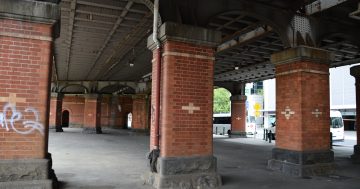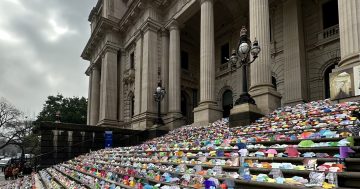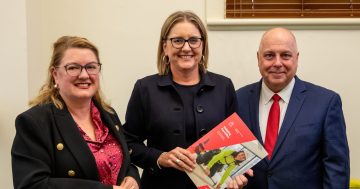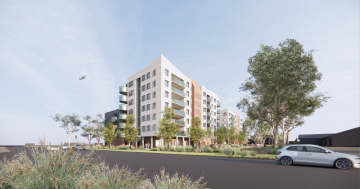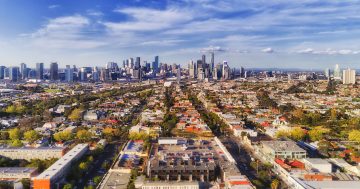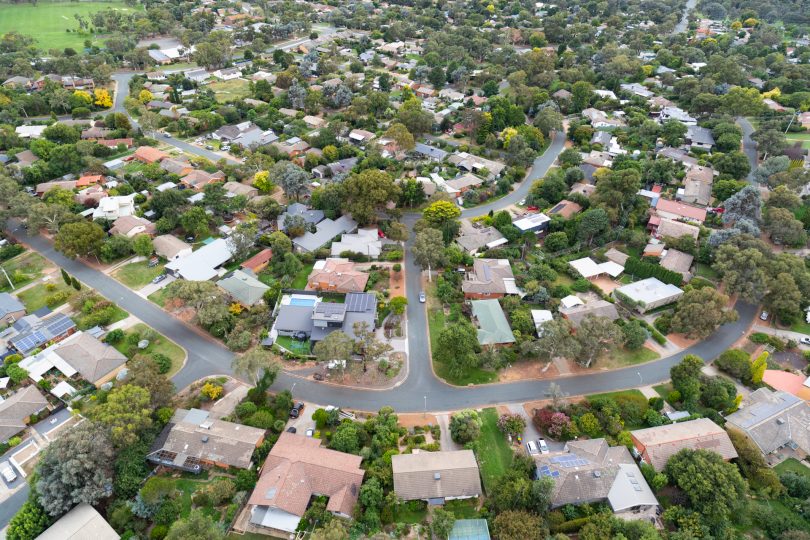
Victoria’s Council to Homeless Persons and the Real Estate Institute of Victoria have called on the State Government to increase spending on housing in the 2024-25 budget. Photo: Michelle Kroll.
Victoria’s peak homelessness body has called on the State Government to address the state’s homeless crisis in its 2024-25 budget due in May.
In a budget submission released last week, the Council to Homeless Persons (CHP) says successful programs such as Housing First initiatives like From Homelessness to a Home (H2H), which provide homes and support for former rough sleepers, are facing a 75 per cent cut from 1 July.
The CHP’s submission calls for $101.3 million in 2024-25 and $423.8m over four years to expand Victoria’s Housing First programs to 3800 places.
The submission says 30,660 Victorians were experiencing homelessness on Census night in 2021, and that the state’s social housing stock is currently far too small to respond to a problem of that scale.
CHP’s analysis of the Productivity Commission’s Report on Government Services released in January reveals that Victoria continues to have the lowest proportion of social housing in Australia.
It says public and community housing residents make up just 2.8 per cent of Victoria’s households, compared with the national average of 4.1 per cent. In practical terms, it says Victorians have the worst access to social housing in the country, with half of high-priority applicants waiting more than 18 months for somewhere to live.
In addition to the Housing First funding increases, the CHP has called for $9.4m to be spent next year to grow homelessness entry points; $107.6m in 2024-25 and $366.8 million over four year to deliver a blueprint for an Aboriginal-specific homelessness system in Victoria; and $4.8b in 2024-25, growing to $20b over four years, to increase Victoria’s public and community housing stock.
CHP CEO Deborah Di Natale said it was clear from evidence on the ground that H2H was having its funding slashed despite its success.
“For some people, these programs have ended years of rough sleeping and completely changed lives through combining housing with wraparound support,” she said.
“We received assurances from the government that funding would be ongoing, yet now the program is being shut down and its replacement is 75 per cent smaller.
“The Victorian Government must reverse its decision to slash crucial homelessness programs that have a proven track record of outstanding results.
“Housing First works, but the Victorian Government is walking away from thousands of rough sleepers without any explanation. We urgently need $101.3m in the upcoming state budget to fund 3800 Housing First places.
“Victoria can’t afford homelessness program cuts while there’s a once-in-a-lifetime housing crisis engulfing our state.”
The Real Estate Institute of Victoria (REIV) also made a budget submission calling for additional investment in housing, but rather than focusing on social housing and homelessness, it wants a comprehensive review of its property tax priorities, with the objective of attracting and retaining investment in the sector.
The REIV recommended the introduction of new tax incentives for investors supplying long-term rental stock to the market, a review of the state’s stamp duty regulations, and the retention of negative gearing in its current configuration.
REIV president Jacob Caine said the government must reconfigure its property tax policy using principles that made Victoria an attractive state for investors.
“It’s time the Victorian Government reconsidered several comfortable yet outdated taxes like stamp duty and instead adopted fit-for-purpose tax measures that will drive investment and give more Victorians a roof over their heads,” he said.
“To increase the supply of housing in Victoria, we need a tax regime that positions this state as a more competitive place to invest.
“While we welcome recent commercial and industrial property policy efforts, more must be done in residential property to bolster housing supply.”


